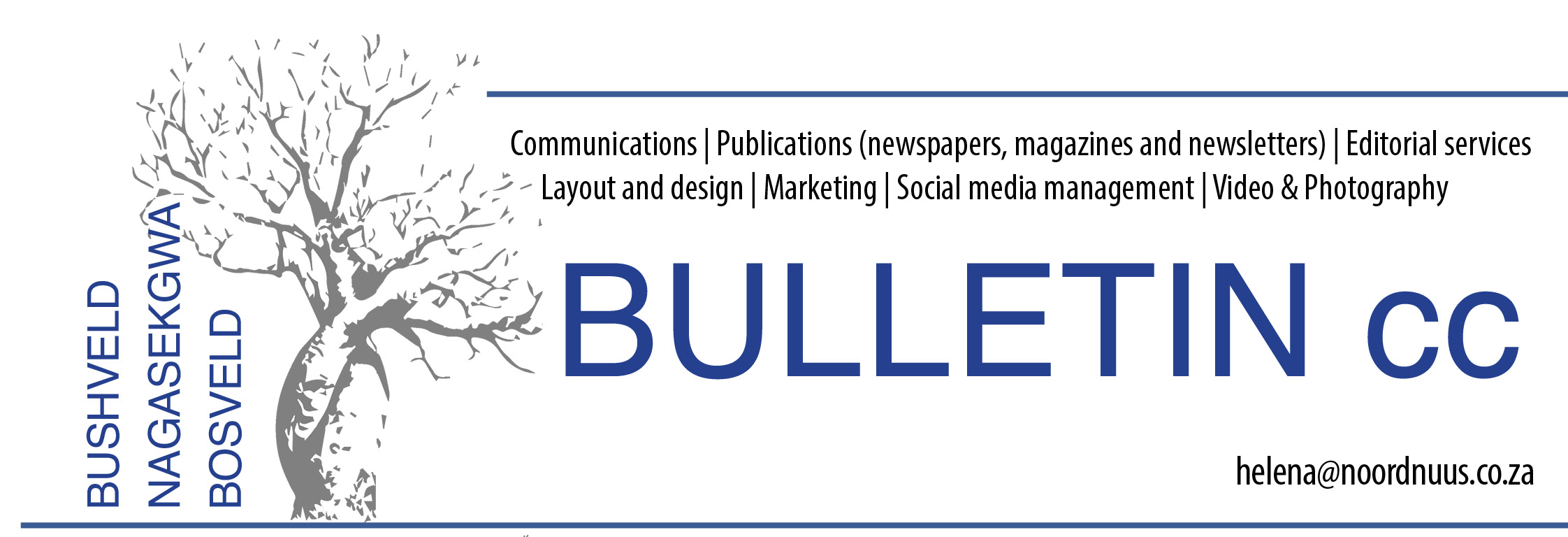Coronavirus: implications for employers in South Africa
This article identifies the key legal considerations from an employment and health & safety perspective and provides advice on practical steps employers can take to safeguard employees. Please note that given the constant development of Covid-19, the answers to the questions detailed below will also develop.
1. What is the coronavirus?
The World Health Organisation (WHO) describes coronaviruses as a "family of viruses that cause illness ranging from the common cold to more severe diseases". At the end of 2019, a novel strain of the coronavirus (now known as Covid-19) broke out in Wuhan, China. Since the outbreak, the WHO has reported that there are over 98 000 confirmed cases of Covid-19 across almost 90 countries, including certain African countries (South Africa, Morocco, Tunisia, Senegal, Nigeria, Algeria and Egypt). To date, approximately 3 400 people have died after contracting Covid-19.
At the end of January 2020, the WHO declared the outbreak of Covid-19 as a public health emergency of international concern.
2. What are the common symptoms associated with Covid-19?
Coid-19 is a highly transmissible illness. The symptoms of Covid-19 initially mimic the symptoms of the common cold. General symptoms of Covid-19 are associated with the respiratory system and they include a fever, coughing and shortness of breath.
If left untreated or not treated correctly, infection can lead to pneumonia, severe acute respiratory syndrome, kidney failure and, in the worst case, death.
3. From a health & safety perspective, what legal obligations does an employer have in light of the global outbreak of Covid-19?
The Occupational Health and Safety Act 85 of 1993 places an express obligation on the employer to maintain a working environment that is safe and healthy. On the issue of a healthy working environment, the employer must ensure that the workplace is free from any risk to the health of its employees as far as it is reasonably practicable. Within the context of Covid-19, there is a clear obligation on the employer to manage the risk of contamination in the workplace.
Practically, the employer can ensure a healthy working environment by ensuring that the workplace is clean and hygienic, promoting regular hand-washing by employees, promoting good respiratory hygiene by employees and keeping employees informed on developments related to Covid-19.
4. What steps can an employer take to ensure that the workplace is safeguarded?
As an initial step, the employer should conduct a comprehensive risk assessment to determine the likelihood of contamination in the workplace. This assessment should include a contingency and business continuity plan should there be an outbreak of the illness. At this stage, given that South Africa only has one confirmed case of Covid-19, the risk of contamination is low.
However, employers should consider the following proactive steps given the scale of the illness globally -
-
Follow health advice and information: the employer should follow health advice from the WHO (as an international source) and the Department of Health and the National Institute of Communicable Diseases (as local sources).
-
Communicate with employees: the employer should consistently provide updates on Covid-19 to employees and its approach at work regarding attendance and preventing the spread of infection. The employer may also wish to display posters that provide information on the illness and hygiene.
-
Prevent the spread of infection: the employer should consider that there are adequate facilities for employees to wash and/or sanitise their hands regularly within the workplace. If it becomes necessary, the employer may introduce a designated area in the workplace where employees may self-isolate if they experience symptoms whilst at work. The WHO has advised that, in countries where the illness has started spreading, employees with a mild cough or low-grade fever (37.3 or more) should be encouraged to stay at home and seek medical attention immediately.
-
Identify vulnerable workers: Covid-19 poses a greater risk to employees with weakened immune systems and long-term health conditions. Vulnerable workers include pregnant employees and disabled employees. Employers should pay special attention to such employees.
-
Update emergency contact information: employees should be required to review and update their emergency contact information.
5. How should an employer manage employees who travel out of South Africa at this time?
The employer should issue clear travel guidelines to its employees on international travel, particularly to countries affected by Covid-19. The employer should distinguish between employees travelling for business or personal reasons.
Given the scale of the illness and if it is practical, the employer may elect to place a moratorium on business travel until such time as Covid-19 is contained. If this is not possible, a moratorium should be placed on business travel to affected countries.
It may be more challenging to regulate personal/holiday travel by employees. Employees should be encouraged not to travel to affected countries. Importantly, employees who nevertheless choose do so should not be allowed to immediately return to work after such travel. Such employees should be required to self-isolate (compulsory quarantine) for at least 14 days. Employees should be informed that they must take all reasonable steps to avoid exposure to the illness which may mean cancelling or postponing international travel until Covid-19 is contained.
The employer should also bear in mind that travel by employees to countries which are currently unaffected by Covid-19 could still pose a risk of infection as such countries may become affected at any time. In any event, at this stage, the risk of infection is high given the nature of travel, exposure to different people of different nationalities particularly on flights with multiple legs.
It is advisable for employers to consider requesting all employees to disclose international travel (to all countries) undertaken by them (or any person who they live with) since 1 February 2020. This may assist the employer with its risk assessment to determine the likelihood of contamination in the workplace.
6. If any employee is placed under quarantine by the employer, should the employee be required to take sick leave?
If a medical doctor places an employee in quarantine, the employee should receive a medical certificate and in such circumstances, the employee will be on sick leave.
In the case of compulsory quarantine (i.e. quarantine required and enforced by the employer), the employee will not be on sick leave unless a medical certificate has been issued to the employee placing the employee in quarantine. An employer may require an employee to be quarantined if the employee recently travelled to an affected country or if the employee displays symptoms of the illness whilst at work. The employer could consider such an employee to be on special paid leave away from the office (depending on the nature of the work performed by such an employee). As an alternative to placing the employee on any type of leave, the employer could make it possible for the employee to work from home. The employer may need to put certain measures in place or assist such an employee to work from home if that is the arrangement. If it is not possible for the employee to work from home, the employer will not be able to deduct the period of quarantine as sick leave or annual leave as it was made compulsory by the employer. This will be a form of special paid leave that is over and above any other type of leave.
7. What if an employee requests self-quarantine?
In the case of voluntary quarantine (i.e. quarantine at the request of the employee for precautionary purposes), the employee is not sick and therefore, sick leave should not be imposed. If employees are forced to take unpaid leave or annual leave in these circumstances, they may opt not to self-quarantine. We therefore recommend that this should also be treated as special paid leave. However, to the extent that the employee who requests self-quarantine can work from home, no leave will need to be awarded.
The employer must carefully consider the circumstances under which special paid leave will be awarded to employees. These circumstances must be made clear to employees. It should be an option of last resort as it may be open to abuse by employees.
If the illness spreads across South Africa, the reality for employers is that employees may request to be placed in quarantine to minimise their risk of infection. In this instance, the employer will need to consider implementing remote working for employees who can work from home. The guidelines above need to be applied to determine which form of leave will apply.
8. What happens after the quarantine period?
After the quarantine period and even if an employee does not display any symptoms, the employer may nevertheless require the employee to be tested by a medical practitioner and to provide the employer with a medical certificate confirming that the employee can return to work.
9. What is a reasonable period of quarantine?
The WHO has indicated that a person should be in quarantine for a period of at least 14 days.
10. What if an employee contracts Covid-19?
In such an instance, the employer should apply its sick leave policy to such an employee. The employee must obtain a medical certificate and any time out of the office will be considered as sick leave.
Due to the nature of the illness, an employee with Covid-19 should not be permitted to return to work until that employee is cleared to do so by a medical practitioner.
Conclusion
In order to manage the risk of contamination effectively, employers should consider appointing an internal committee of professionals. The committee will be responsible for issues such as monitoring the spread of Covid-19, assessing the risk of contamination and taking measures to ensure that the workplace is healthy and safe. The committee should include representatives from the health & safety, human resources and risk and compliance departments of the employer.
Despite only one confirmed case in South Africa, employers should act proactively within the context of Covid-19. Employers who are proactive will ensure that employees are protected and that business can continue to function as efficiently as possible.













0 Comments